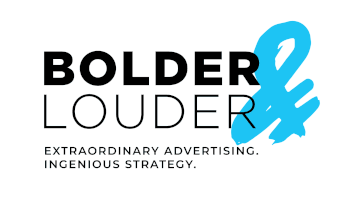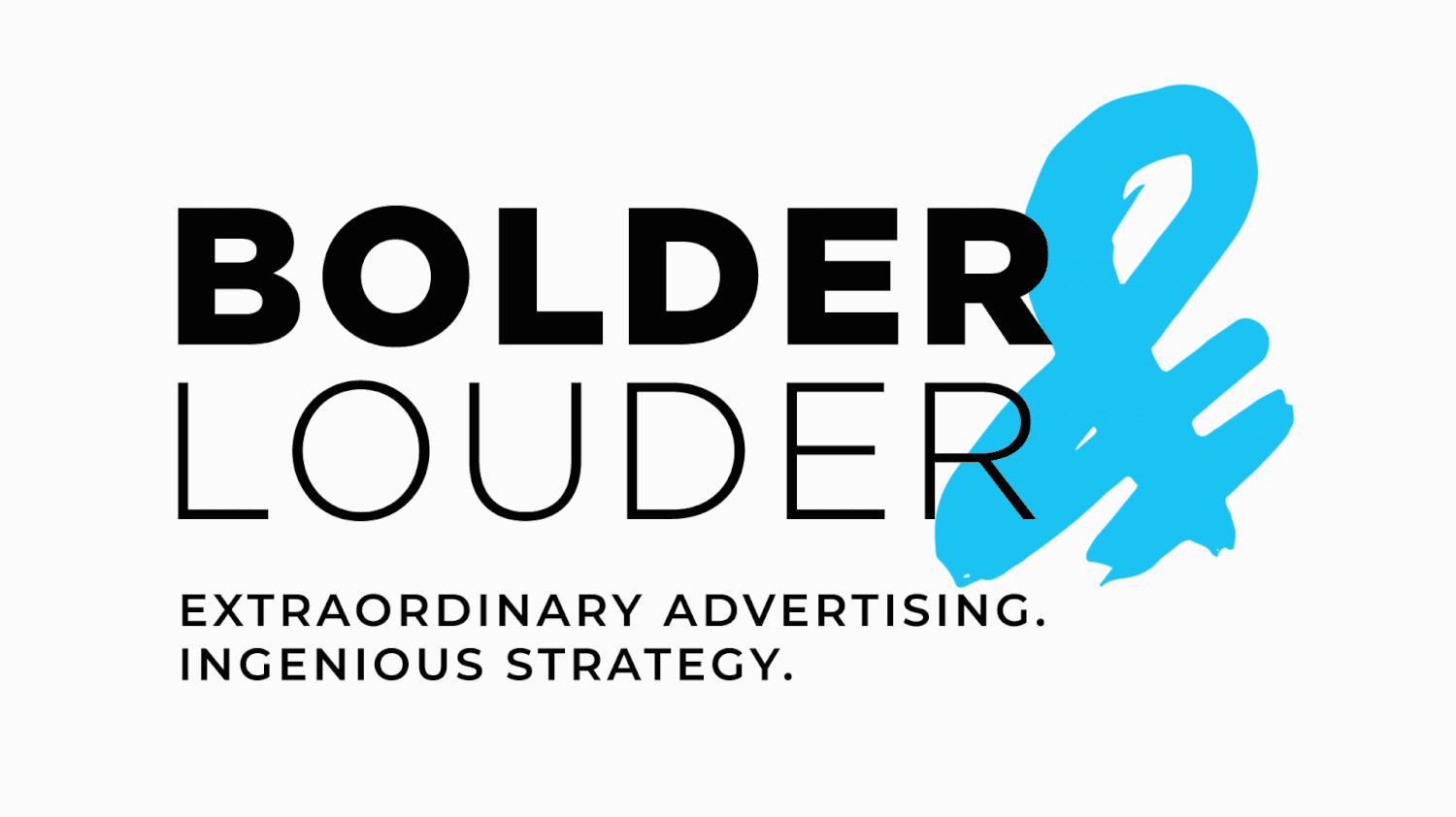Lessons From The Greatest Salesman In The World
"When everything seems to be going against you, remember that the airplane takes off against the wind, not with it.”
Henry Ford
There’s a pivotal scene in the classic book “The Greatest Salesman” by Og Mandino that is permanently etched in my brain.
It’s where the plucky young man, Hafad, enters the gates of Damascus with his mule and a small number of oriental rugs to sell, the noise is deafening, the lure of riches great.
Hafad had previously told to his father that his single ambition was to become the greatest salesman in the world. His father, a wealthy merchant, breathed a sigh of relief, embraced him, and then did something surprising.
Instead of giving his son chests of gold coins, a warehouse of inventory, and a team of men to sell for him, he gives his son something far more valuable – just enough coins to buy five rugs and the advice to not sell the way everyone else does.
Clutching his meager belongings, his few rugs carried by his mule, Hafad sets out to the city of Damascus filled with confidence and boldness.
At last, he can begin building the empire he has dreamed about for so long.
But as the city gates swing open, his ears are filled with the deafening sound of shouting from the merchants.
Hundreds of bazaars line the streets.
Street vendors rush him from all sides, holding up goods, each screaming louder than the next.
Coppersmiths, silversmiths, saddlers, weavers, carpenters – each step of his mule brings him face to face with another person pedaling their wares.
Hafad's confidence evaporates.
He is overcome with fear and doubt.
“How foolish am I to dream that I, a mere camel boy, will one day be acclaimed as the greatest salesman in the world when I have not even the courage to ride through the stalls of the hawkers in the streets. Today my eyes have witnessed hundreds of salesmen, all far better equipped for their profession than I. All had boldness, enthusiasm, and persistence. How stupid and presumptuous to think that I can compete and surpass them …”
The reason this scene is so vivid to me is that it's a stark reminder of what it's like to run a successful business.
Even though Hafad’s situation took place hundreds of years ago, the only thing that's really changed for us is the marketplace.
Instead of it being a dusty labyrinth of streets in a town square, ours is a digital, global marketplace.
Everyone is still yelling their wares at the tops of their voices.
Pop-up ads assault us, radio ads and videos playing instantly (without us asking them to play) the same way Hafid was engulfed and harassed by merchants every direction he turned.
How can Hafid succeed in an overcrowded marketplace (the solution is below).
But first, there are two key learnings here:
The first is, don’t feel intimidated.
No matter what anyone else is doing or saying, especially the competition, keep your head down, your eyes on your goal, don't look left, don't look right. Just. Keep. Moving. Forward.
You are the only person who can bring your special skill, your special blend of talent to the world – that is so desperately needed.
I definitely can’t do what you do. No one can. That’s the reason you’re here.
Your challenge is to keep going despite what else happens around you.
It’s to keep offering more when others cut corners and offer less.
Just like I talked about last week, it's about every day, brick-by-brick, building a business and a brand that you're proud of, that enriches the lives of others.
Is it hard? Yes. That’s why “the street vendors” come and go at such an alarming rate.
But you're made of much sterner stuff. Just think about all you've overcome to get here.
It’s pretty darn impressive. Never forget that. Keep moving forward.
The second key learning is the importance of marketing strategy
If you were a street vendor back in Damascus, do you think you’d get more customers by standing on your table and yelling through a shift-made megaphone at anyone walking past?
This is what most marketing agencies advise their clients. They tell them that their problem is a volume one – they need to spend more money on their marketing campaigns. In other words, just shout louder.
One of our clients in the construction industry did exactly this on the advice of their agency at the time. They doubled their ad spend across every platform. Instead of response rates getting better, they actually got worse. More and more people were ignoring their ad, and worse, some were getting so irritated at the increased volume of annoying advertising it was damaging their brand.
In my experience, having consulted and coaching with hundreds of businesses across many different industries, the marketing problem is rarely, if ever, due to not enough advertising. If anything it’s too much marketing - of the wrong kind.
If a marketing message isn’t working with a small market, then it’s extremely unlikely to start working with a bigger market. (As an aside 95% of ad agencies earn their commissions through media spend instead of being fee-based, so they make more when you spend more on advertising. In my opinion, this is a gross conflict of interest, but that's an article for another day).
“If a marketing message isn’t working with a small market, then it’s extremely unlikely to suddenly start working with a bigger market.”
Instead, their marketing problem is usually caused by some or all these:
· Muddied Messaging – most businesses know how they're different and better but have a hard time articulating this difference in a way that doesn't sound the same as everyone else. Branding and messaging are joined at the hip – both have to be strong and distinctive to be effective.
· Boring Advertising – their ads look and sound like ads. We’re all become extremely skilled at dodging advertisements, we upgrade our Hulu subscription so we’re not interrupted, we train ourselves to ignore the message on the right side of the screen when we do a search on google. We can’t bore someone into doing business with us. We can only interest them. Good advertising doesn't even look like an ad. It is, of itself, conveying something of value. I'll discuss this more in upcoming articles and it's also discussed in-depth in The Client Stampede).
· The Ads Are Targeting The Wrong People. This probably sounds blindingly obvious, but it's an easy mistake to make in a digital environment. Audiences can be made too large and too general with one simple click.
Or perhaps the wrong platform is being used entirely. That would be like Hafid walking to the most impoverished streets in Damascus and trying to sell his rugs to the poor. Everyone might love them, but those aren't the people who will buy them.
In my new book The Client Stampede, I talk more about the best ways to troubleshoot these commonly made mistakes, but for now, just knowing they’re a source of possible trouble can be enormously valuable.
The upshot of all of this is knowing the solution to fixing every marketing problem, is the right STRATEGY.
Back to Hafid’s problem and how I would advise him on how best to reach his end goal:
1) First, I would have studied his track record, (none), with selling rugs.
2) Having discovered this, I would have then sat down with his father to discover what made his business successful and what the biggest opportunities were in his father's business – current, future and past.
3) Then I'd study the buyers of rugs and the rug making industry. I'd identify who the main players were, what their goals were, and the best ways to reach them.
4) Once I had obtained a thorough understanding of the rug market and his father’s current business model (step 1 of the Client Stampede Formula), then we’d move on to examining the products for sale – Hafid’s rugs.
6) I'd be doubtful there'd be anything special about his rugs – which means that they're likely a commodity – meaning there are hundreds of other vendors selling the same or something very similar in the market.
8) So how can you create market differentiation? By wrapping in some kind of service, changing up the packaging, creating an amazing backstory about how the rugs were made (branding) and so on.
9) There are a thousand different ways to differentiate a good product to make yours stand out. That's step 2 of the Client Stampede Formula. There are five more steps in the formula – all simple to execute, but each requires deliberate out-of-the box thinking.
The upshot is that I would advise Hafid to never have a stall in the marketplace.
Or to try to compete by shouting louder, or by hiring teams of people to accost new city visitors first.
Instead a major strategic pivot is needed.
It would make far more sense for him to seek out the largest buyers of rugs in the city and understand who their buyers are.
How can he work with them to make them even more successful?
What small things could he do to win their trust and repeat business?
How best could he get their attention?
Perhaps he approaches each one directly with a special offer, and as he has expertise in looking after camels, – maybe he offers to care for them for a week which will result in them being happier and more productive for their master?
Maybe he finds the merchant’s wife and gives her a present for her husband that is beautifully wrapped, reminding her how exquisite it would look in his office … and so on.
Yes I’m talking about rugs in this article, but really were talking about your business.
What challenges do you and Hafid have in common?
Which of the strategies I recommend for Hafid can you apply to your own situation?
If you could only choose one strategy to implement, which would it be?
In summary, don’t let the marketplace, or any of your competitors (new or old) intimidate you. Keep your eyes on the goal. Don’t do what they do. There is always a much smarter, more efficient and highly lucrative path that is far less crowded for the simple fact it is harder to find.
Having the right Strategy is your most powerful competitive advantage.



